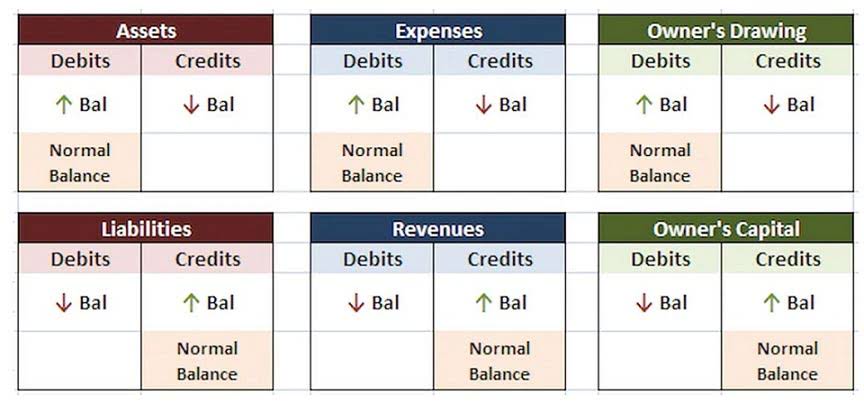
If you’re having trouble determining how much to charge a client, it’s perfectly fine to start fixed assets out working with them at an hourly rate and moving to a fixed rate later on. At the beginning of your working relationship, there could be quite a bit of cleanup you have to do for the client’s books, and that can be time consuming. You’re also learning their business and don’t know exactly what tasks you will be doing.
Additional Services
Clients may be willing to pay more for efficient and accurate bookkeeping using advanced software. We are experts in accounting and are ready to serve all of your bookkeeping needs. We use the latest and greatest technology, making our bookkeeping process efficient and streamlined, which ultimately means a cheaper price to you. Once we become partners, we will send you a short questionnaire to learn more about your business. Then we will integrate your current books with our software or we can start completely fresh- whichever you prefer. Speaking of taxes, bookkeeping makes for a smoother tax process.

APPROACH
- Although not a crucial factor, it’s important to ensure the bookkeeper has experience working with software that you find convenient.
- It can and should evolve as you gain experience and expand your skills.
- They have a system outside of QuickBooks that is HIPPA compliant, which are the rules in the United States that you need to follow if you keep any medical information about your patients.
- Go for professionals who have already worked with similar businesses.
Our monthly bookkeeping fees include a one time setup fee of $150. This fee compensates for the time it takes to connect your bank accounts and credit cards to our accounting software, as well as your bank statements. It includes the time for setting up your chart of accounts, monthly reports, and integrating your financials to our system. The more you offer, the more you need to reconsider the price you charge for bookkeeping services to ensure you’re charging clients the right amount for your services.

How to package your bookkeeping services as a small business
This includes software subscriptions, bookkeeping software fees, continuing education and training, professional insurance, and even AI in Accounting office supplies. By factoring in these expenses, you ensure your pricing structure covers your business costs and allows you to turn a profit. This includes everything from bank reconciliation and accounts payable/receivable management to payroll processing and tax preparation assistance. In general, the cost of outsourcing bookkeeping services can range from a few hundred dollars to several thousand dollars per month, depending on the factors mentioned above. It is essential to discuss the pricing structure and services offered with potential service providers to determine the cost of outsourcing bookkeeping services. Just as with hiring an internal bookkeeper and defining their role, you’ll have to decide which pieces of your financial management make sense to outsource including the bookkeeping function.


This model provides clients with transparent, predictable pricing upfront while promoting efficiency to maximize profit margins. As the name suggests, price is consistent for specific services or deliverables, regardless of the client’s unique situation or needs. Charging too little can hurt your profits, limit your ability to reinvest in your business, and prevent you from delivering the level of service your clients bookkeeping pricing deserve. You might see some articles suggesting rates as low as $250 a month, but scaling a profitable firm at those price points is tough.
Book a demo with our friendly team of experts
- Now that you know the answer to the question “How much does a bookkeeper cost?
- A full charge bookkeeper has a larger responsibility and full oversight over a company’s finances.
- An in-house bookkeeper will cost you anywhere between $40k-$50k annually.
- This approach allows us to record transactions as soon as funds are deposited into your bank or charged to your bank or credit card.
Depending on how much work you have and how long you need services, a contracted worker might be a better option. While these exact figures can change over time, the cost comparisons of covering your bookkeeping and accounting needs can vary greatly depending on the type of individual you hire. Freelance bookkeepers often manage multiple clients, so they might not be as readily available as an in-house option. You also lose some direct oversight, which can be challenging if you need immediate support. There are two main types of bookkeeping to be aware of when deciding what type of bookkeeper to hire. These include basic and full-service bookkeeping, where the decision largely depends on your business goals and needs.

